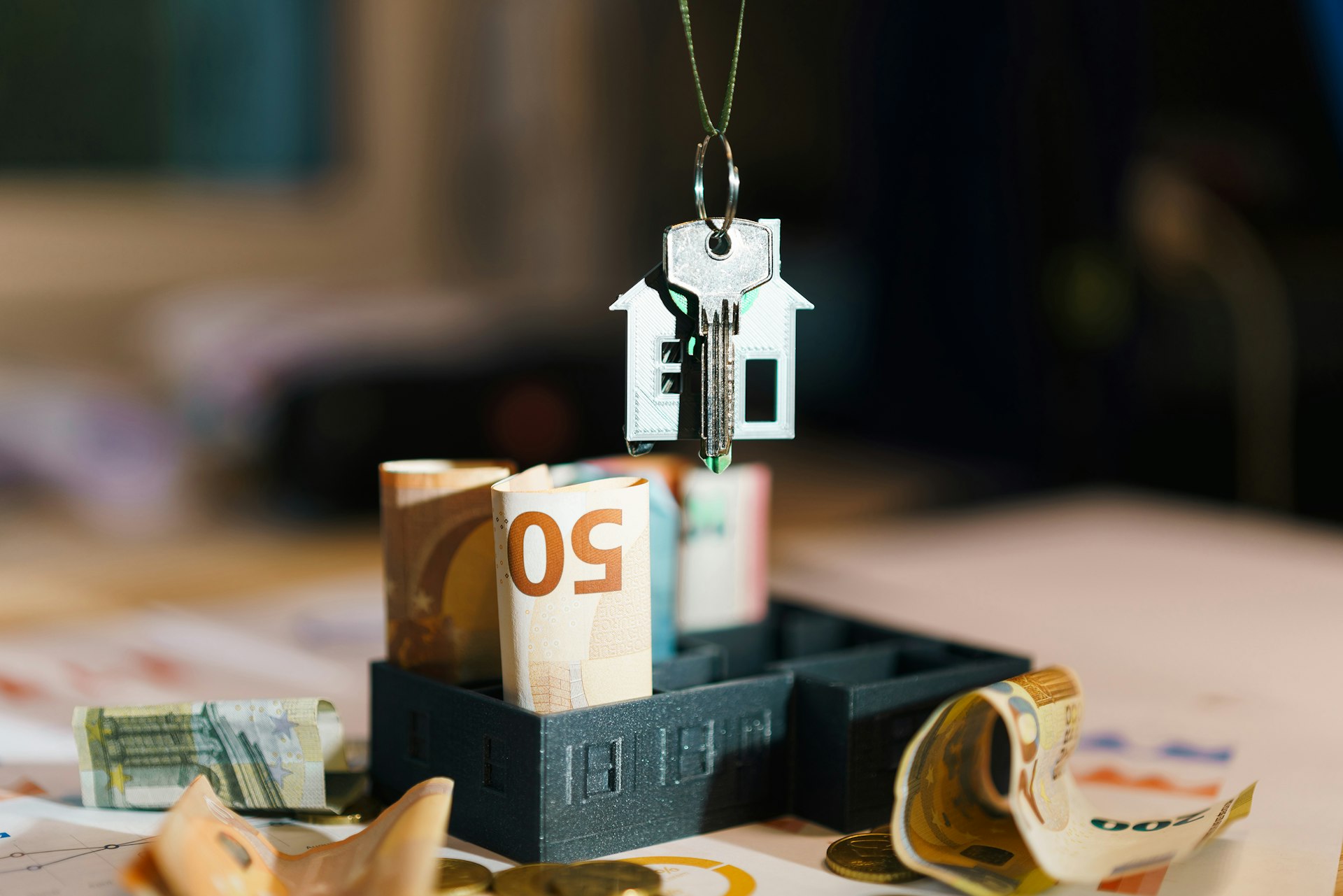Helping Your Pet Cope with Firework Anxiety: Expert Guidance and Practical Solutions

Photo by Tina Floersch on Unsplash
Understanding Why Pets Experience Anxiety During Fireworks
Many pets, especially dogs and cats, experience significant anxiety during fireworks. The sudden loud noises, unpredictable flashes of light, and strong smells can trigger a fear response in animals. Dogs, in particular, have a much more sensitive sense of hearing than humans, amplifying the intensity of fireworks for them. Common symptoms include restlessness, shaking, hiding, excessive barking, panting, and even destructive behaviors. Recognizing these signs is the first step in addressing your pet’s discomfort and helping them navigate these stressful events more calmly. [1]
Preparing Your Home: Creating a Safe Retreat
A proactive approach is crucial. Designate a quiet, comfortable area in your home where your pet can retreat during fireworks. Ideally, this should be a space away from windows and doors, such as a small room, large closet, or their crate covered with a blanket. Stock this area with your pet’s favorite bedding, toys, and comfort items to create a sense of familiarity and security. Closing windows and curtains can help muffle the sounds and block flashes of light. Playing calming music or white noise can further reduce the impact of external noises. [1]
Desensitization and Training: Building Resilience Over Time
Desensitization is a proven technique to help pets cope with firework anxiety. Start by playing recordings of fireworks at a very low volume while engaging your pet in enjoyable activities, such as giving treats or playing. Gradually increase the volume over time, ensuring your pet remains comfortable during each session. The goal is for your pet to associate the sounds with positive experiences rather than fear. This process requires patience and consistency but can significantly reduce anxiety during actual firework events. [2]
For best results, begin these training sessions weeks or even months before major celebrations like Independence Day or New Year’s Eve, when fireworks are most common. If you notice signs of anxiety at any point, lower the volume and proceed more slowly. Not all pets respond the same way, so tailor the pace to your animal’s comfort level.
Calming Products and Alternative Therapies
There are various products and therapies that may help ease your pet’s anxiety.
Anxiety wraps
or vests provide gentle, constant pressure that can have a calming effect for some dogs.
Pheromone diffusers
, which release calming scents, can also be helpful, especially when used in your pet’s safe space. Some owners report success with calming treats or supplements containing ingredients such as L-theanine or tryptophan, though effectiveness can vary.
Alternative therapies, including acupuncture, massage, or certain herbal remedies, may also provide relief. However, it is essential to consult with your veterinarian before starting any new therapy, as not all alternative treatments are safe or suitable for every pet. [1]
While
CBD oil
is sometimes mentioned as a remedy, current evidence on its effectiveness for firework anxiety is limited. The quality and dose of commercial products can vary widely, and there is no standardized therapeutic dose for pets. Always discuss any supplements or alternative therapies with your veterinarian first.
[3]

Photo by JJ George on Unsplash
During Fireworks: Immediate Strategies for Comfort
On the day of the fireworks, maintain a calm demeanor around your pet. Animals are highly sensitive to their owner’s emotions and may mirror your anxiety. Engage your pet in activities they enjoy, such as interactive toys, treat puzzles, or practicing tricks for rewards. Keeping your pet mentally occupied can help divert attention from the noise outside. [1]
Avoid scolding or punishing your pet for anxious behavior, as this can increase stress. Instead, offer gentle reassurance and comfort. If your pet prefers to be alone, respect their need for space and let them retreat to their safe area.
Professional Support: When to Seek Veterinary Help
If your pet’s anxiety is severe or does not improve with home strategies, consult your veterinarian. They can assess your pet’s overall health and recommend appropriate interventions, which may include:
-
Prescription medications
: Options such as trazodone, alprazolam (Xanax), and Sileo gel can be prescribed to help manage acute anxiety. These medications work best when given before fireworks start and under veterinary supervision. [3] -
Long-term behavioral therapy
: For pets with ongoing anxiety issues, a veterinary behaviorist or professional trainer can develop a personalized plan, which may involve systematic desensitization and counterconditioning techniques. [1] -
Alternative therapies
: Some veterinarians may recommend acupuncture or therapeutic massage as adjuncts to other treatments.
It is important to discuss all medications, including over-the-counter options like Benadryl, with your veterinarian to determine appropriate dosing and to avoid potential side effects. [3]
Alternative Approaches and Additional Tips
Some owners find success with a combination of approaches. For example, combining desensitization training with the use of an anxiety vest and pheromone diffuser can provide a multi-layered defense against stress. Scheduling vigorous exercise earlier in the day can help tire your pet, making them more likely to rest during the evening’s fireworks. [2]
Microchipping and ensuring all ID tags are up to date is also wise, as frightened pets may attempt to escape-even from secure homes. If you live in an area where fireworks are common, inform your neighbors and ask them to alert you before planned displays, allowing you to prepare in advance.
Accessing Professional Resources and Support
If you need help finding a qualified veterinary behaviorist or trainer, you can:
- Contact your regular veterinarian for referrals to board-certified behaviorists.
- Search using terms like “veterinary behaviorist near me” or “certified pet trainer for anxiety” on reputable platforms. The American College of Veterinary Behaviorists (ACVB) maintains a directory of specialists.
- Local animal shelters and humane societies often offer resources or classes for managing pet anxiety.
You may also consider reaching out to animal welfare organizations for further support or educational materials. For advice on medications or alternative therapies, always consult your veterinarian directly.
Potential Challenges and Solutions
Managing firework anxiety can be challenging, especially if your pet has a history of severe reactions. Some pets may not respond to initial strategies, requiring a combination of behavioral and medical interventions. Patience is key, as progress may be gradual. Keep detailed notes of your pet’s reactions to various approaches to help tailor your strategy over time. If you experience setbacks, seek professional guidance for alternative solutions.
Key Takeaways
Helping pets cope with fireworks anxiety is a process that involves preparation, patience, and ongoing support. By creating a safe environment, using desensitization techniques, exploring calming products, and seeking professional advice when needed, you can make a significant difference in your pet’s wellbeing. Every animal is unique, so finding the right combination of strategies may take time. Remember, your calm presence and proactive care are the most important tools you have in supporting your pet through stressful events.



